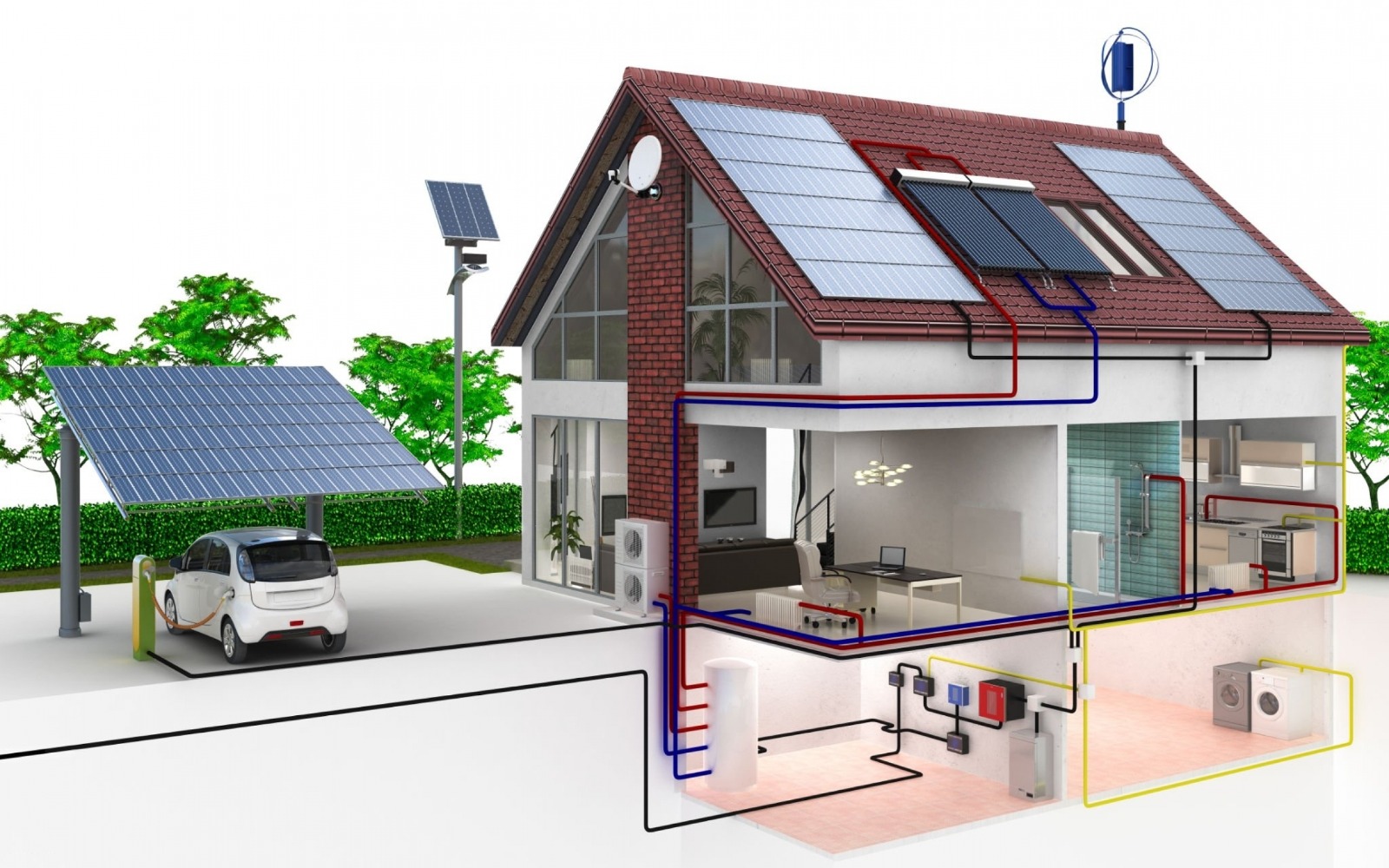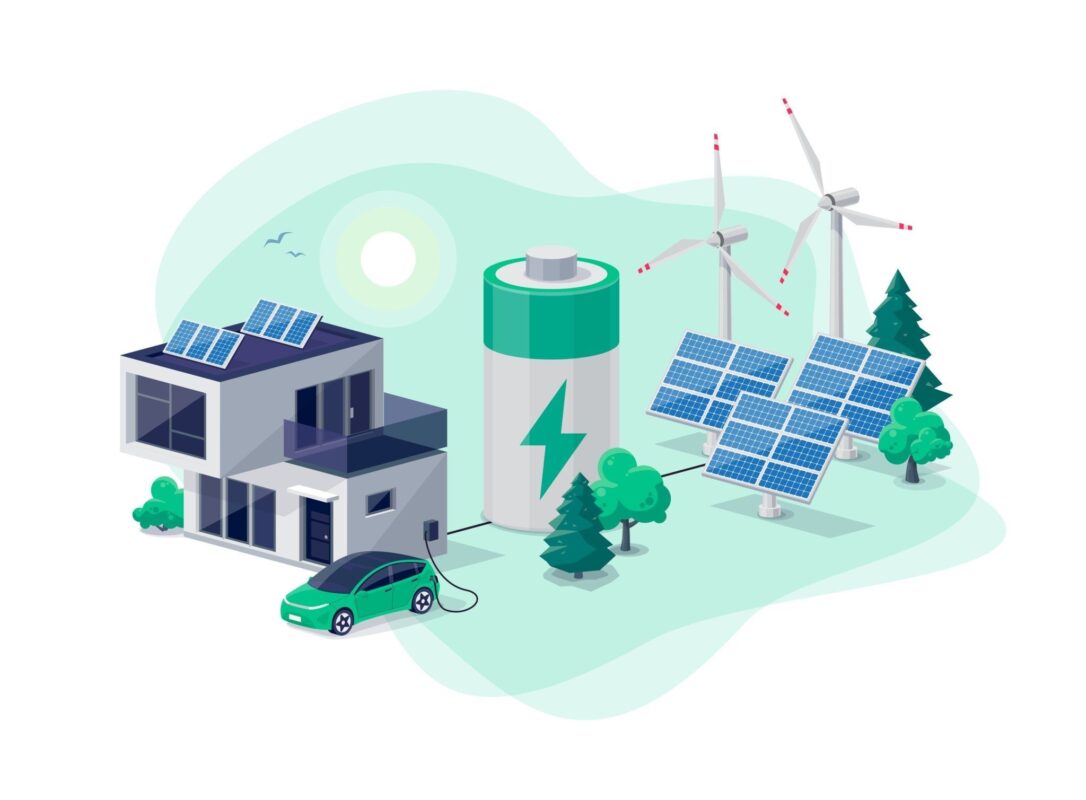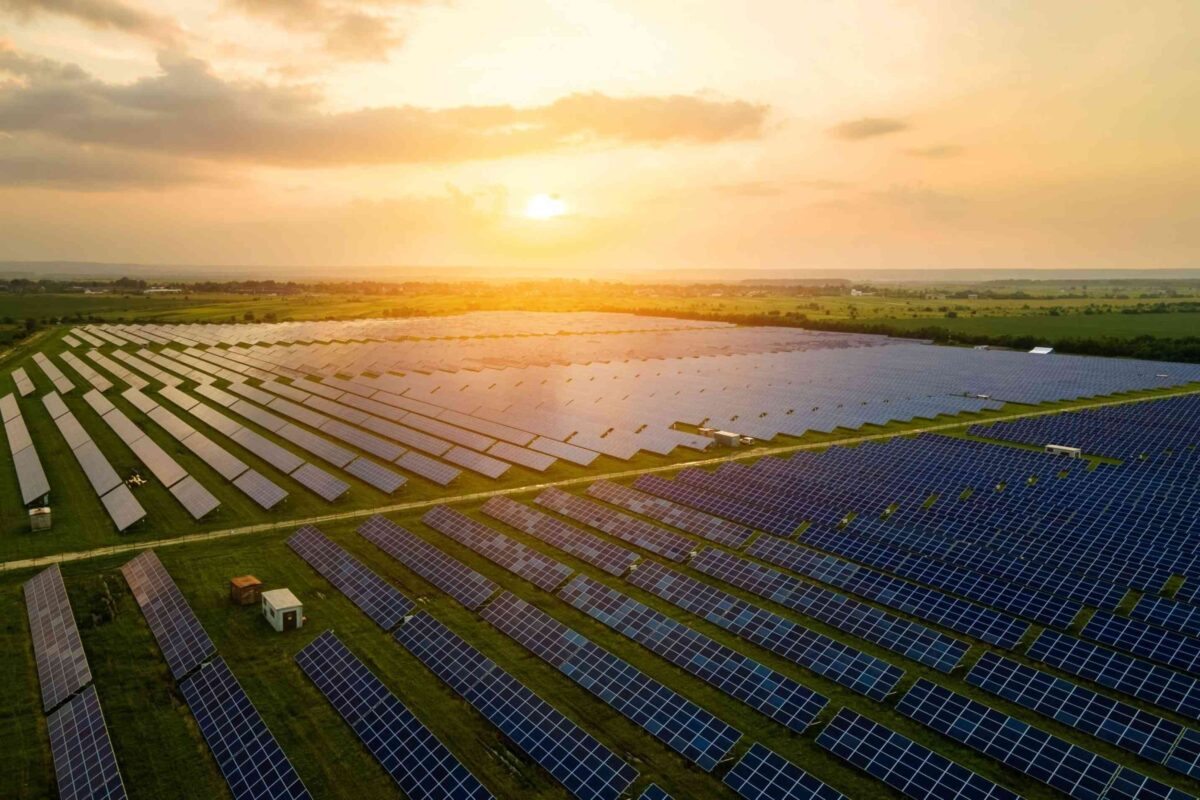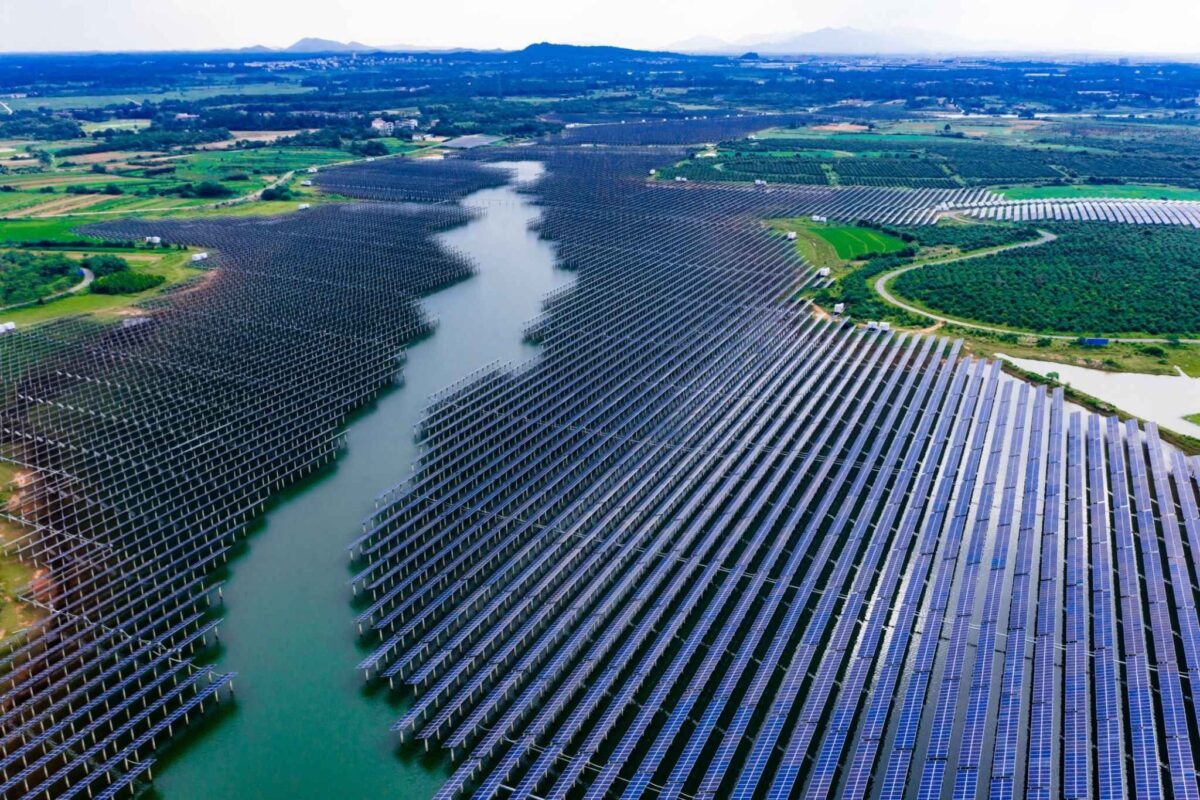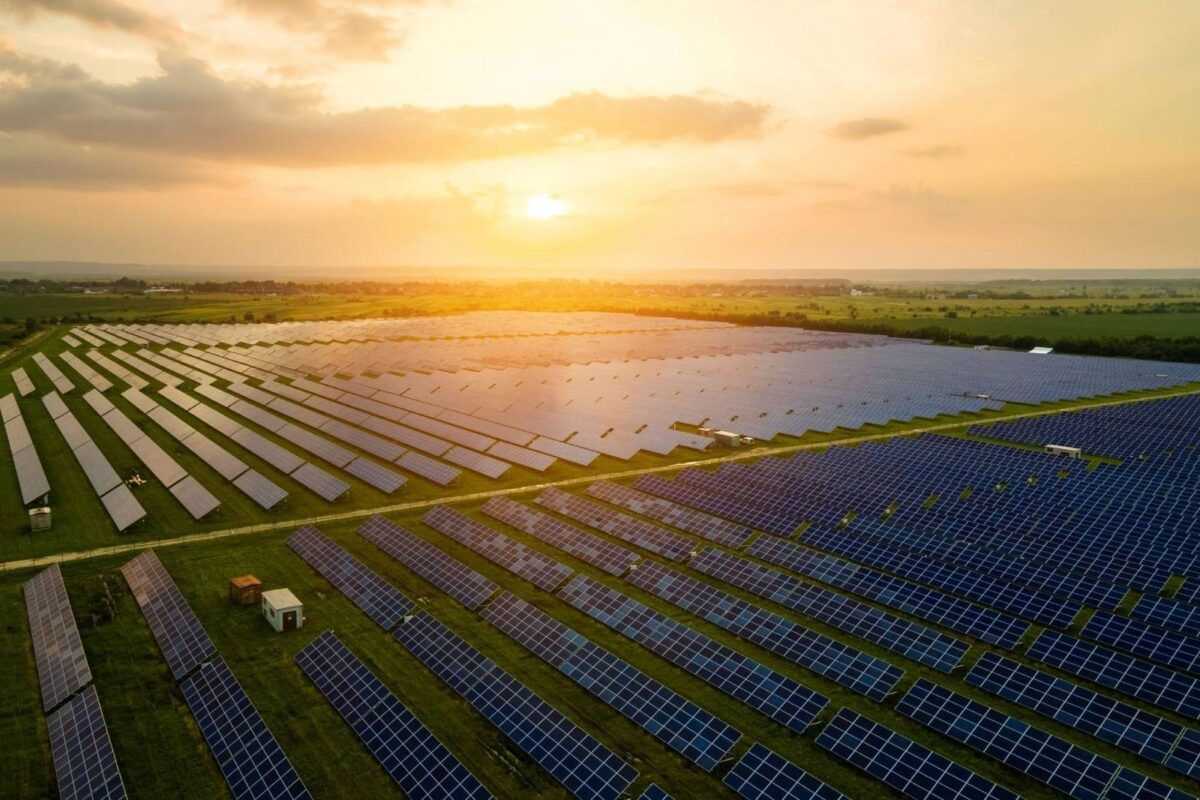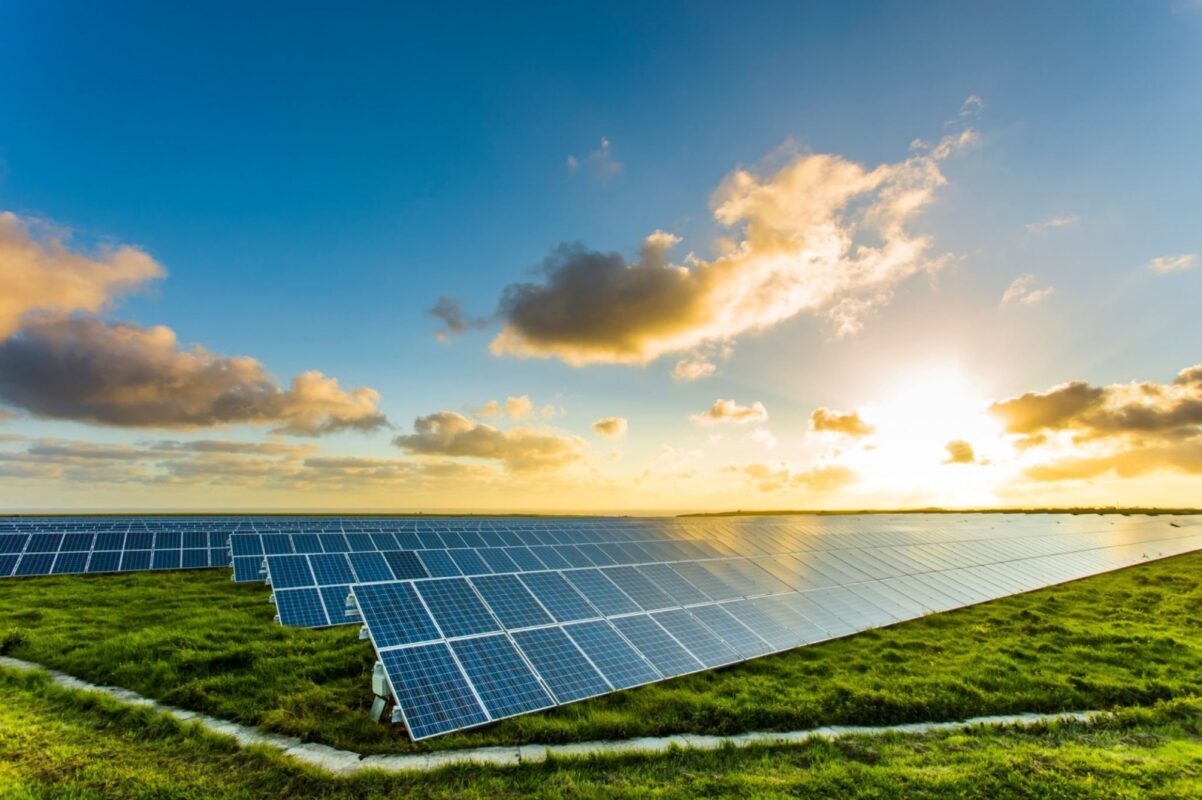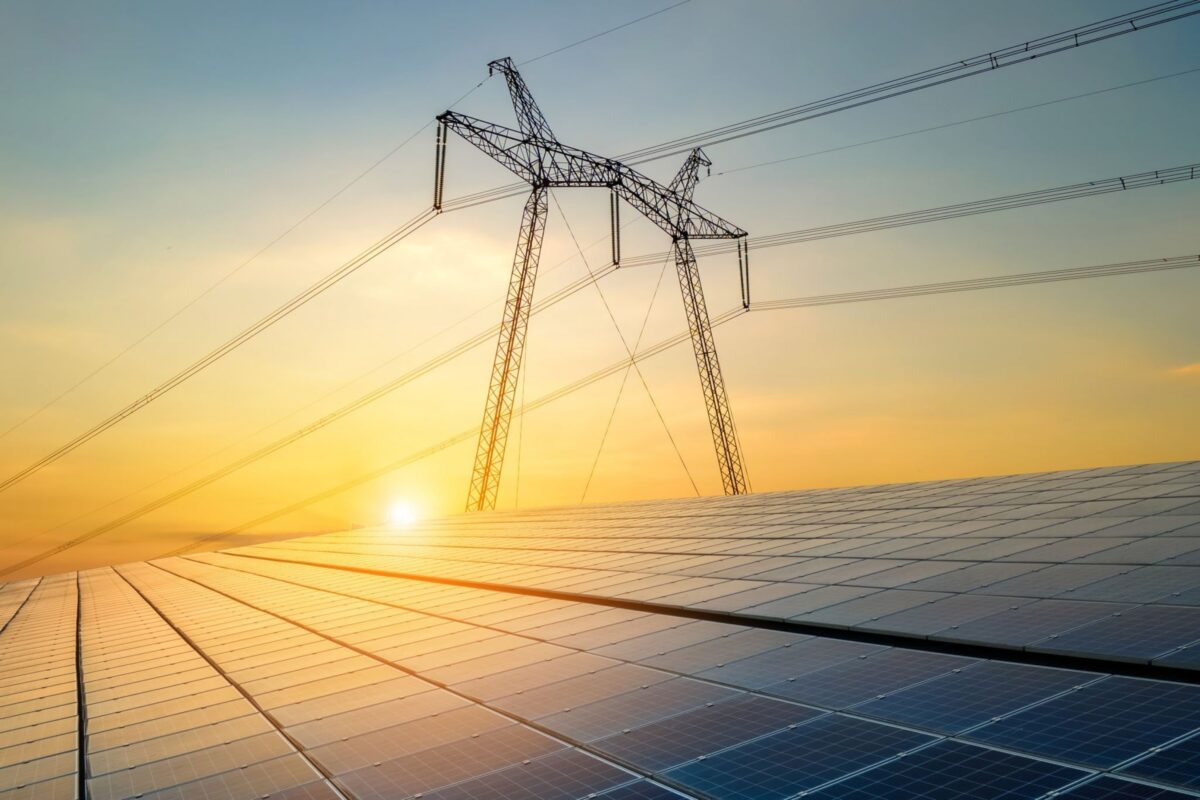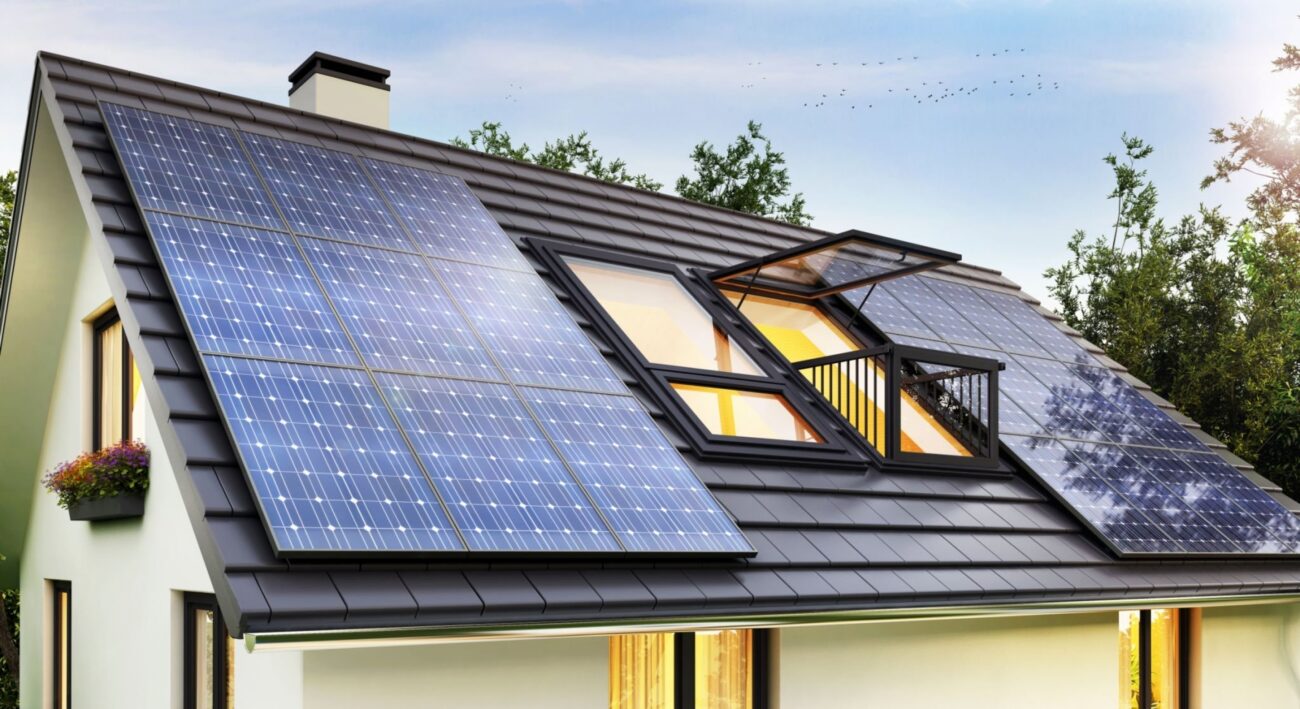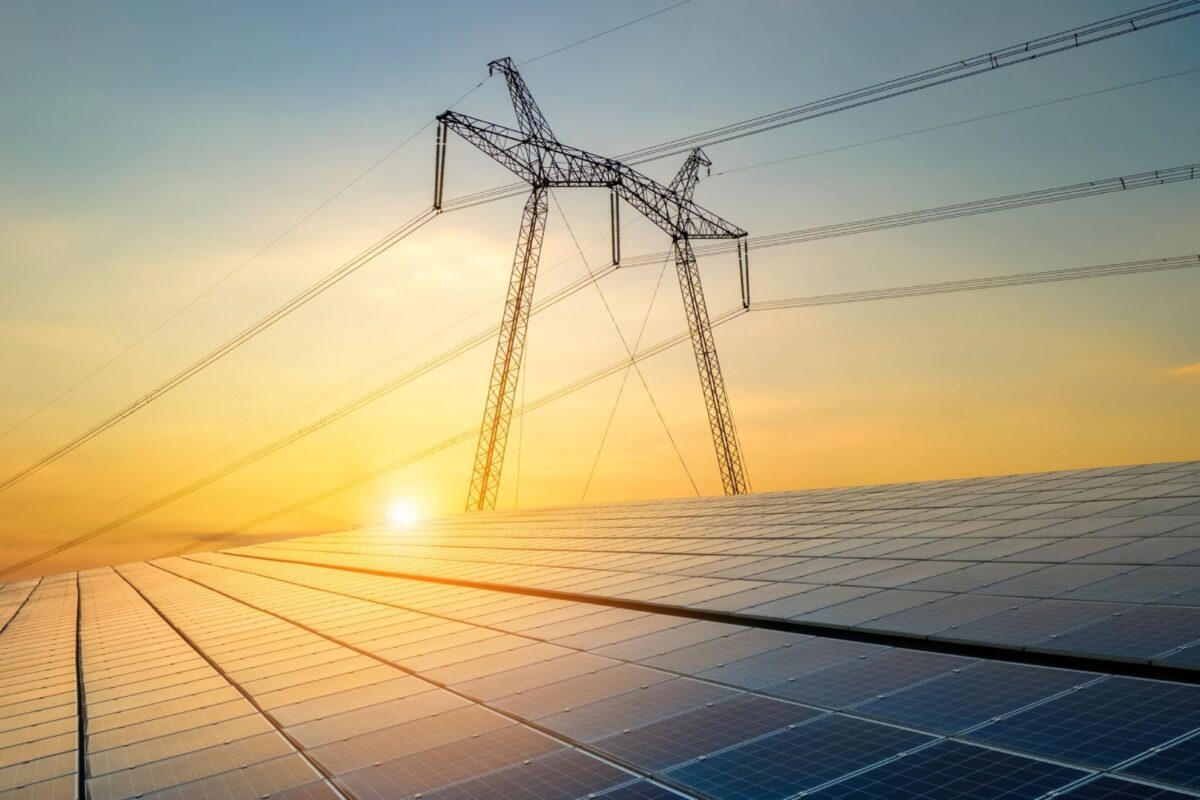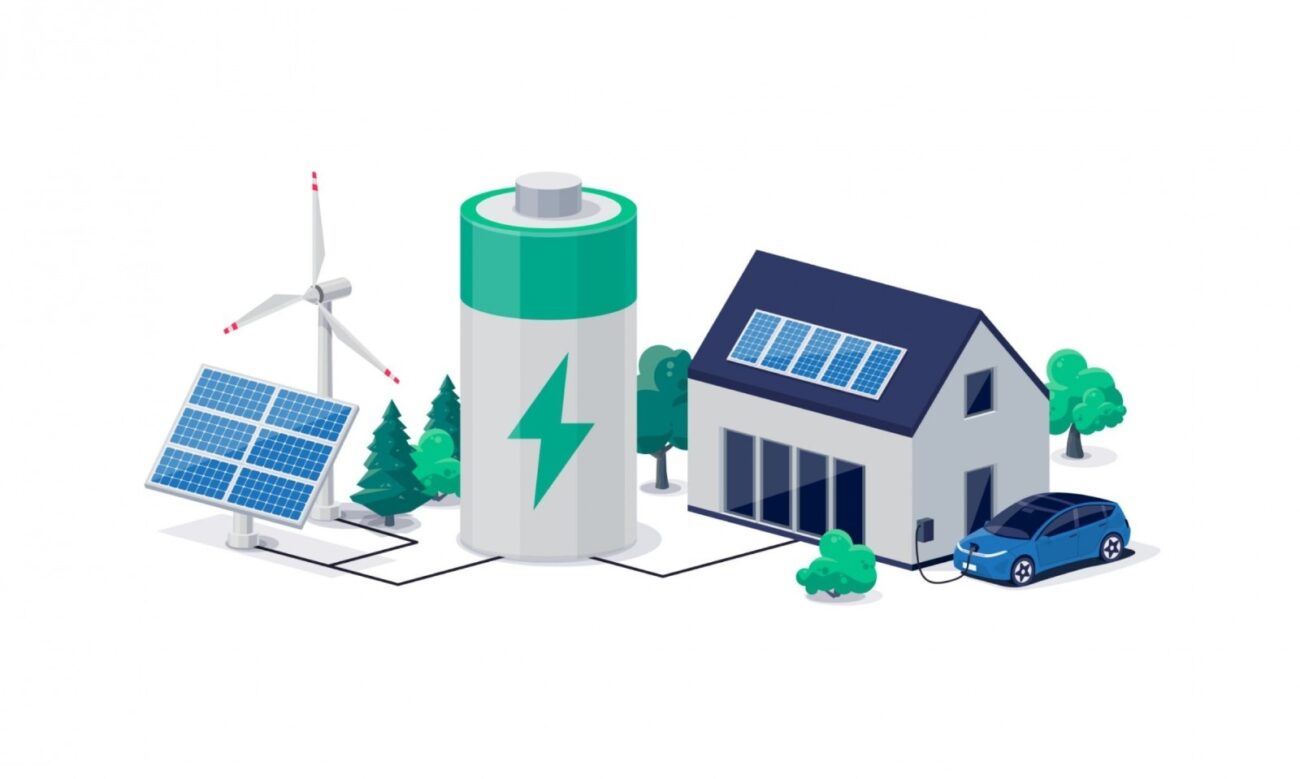Solar panels save people money by allowing them to generate their own electricity instead of buying it from a utility company. Once the solar panels are installed, they can generate electricity for at least 25 years or more, with minimal maintenance required.
This not only reduces electricity bills but also provides a stable source of energy that is not subject to price fluctuations in the energy market.
The amount of money saved by solar panels depends on a number of factors, including the size of the solar panel system, the amount of sunlight in the area, and the cost of electricity from the utility company.
However, in general, solar panels can significantly reduce or eliminate electricity bills for homeowners and businesses.
Solar panels can also increase the value of a property. Homes with solar panels are typically more attractive to buyers, and studies have shown that they sell for more than similar homes without solar panels.
Business Opportunities
In addition to saving money, solar panels can also create business opportunities for the common man. The solar industry is a growing sector that offers a wide range of job opportunities, including installation, maintenance, and sales.
This means that individuals with a variety of skill sets can find employment in the solar industry, regardless of their level of education or experience.
Furthermore, solar panels can also provide opportunities for individuals to start their own solar installation businesses. With the demand for solar panels increasing, there is a growing need for qualified installers and contractors.
By starting a solar installation business, individuals can capitalize on this growing market and provide a valuable service to their community while also creating a sustainable income for themselves.
Solar panels not only save money for homeowners and businesses but also provide a range of business opportunities for the common man.

Finally, solar panels can also provide financial incentives from government programs such as tax credits, rebates, and other incentives, which can further reduce the cost of installing solar panels and increase the savings for homeowners and businesses.
Financial incentives: Governments offer financial incentives, such as tax credits, rebates, and grants, to make solar panels more affordable for homeowners and businesses. These incentives can help offset the upfront cost of purchasing and installing solar panels.
Net metering: Many governments offer net metering programs that allow solar panel owners to sell excess electricity back to the grid. This means that solar panel owners can earn credits on their electricity bills for the excess energy they generate.
Feed-in tariffs: Some governments offer feed-in tariff programs that pay solar panel owners a fixed rate for the electricity they generate. This rate is typically higher than the retail price of electricity, making solar panels a profitable investment for homeowners and businesses.
Regulatory policies: Governments can also implement regulatory policies to encourage the adoption of solar panels, such as renewable portfolio standards that require a certain percentage of electricity to come from renewable sources like solar. Additionally, building codes may require new construction to include solar panels.
Education programs: Governments can also offer education programs to help homeowners and businesses understand the benefits of solar panels, how to install them, and how to maintain them. These programs can help increase the adoption of solar panels and make them more accessible to a wider range of people.
Environmental impact: The installation of solar panels can also generate a variety of environmental benefits, such as reducing carbon dioxide emissions and improving energy efficiency.
Reduced costs: Solar panels can reduce costs for both homeowners and businesses because they allow people to use cleaner forms of energy than fossil fuels. This reduces the cost of installing solar panels, which is offset by reduced fuel expenses.
Stable source of energy: Solar panels are an especially stable source of energy because they do not fluctuate in price and are not affected by supply or demand issues in the energy market the way traditional power sources do. This means that solar panel systems produce consistent amounts of electricity for most households and businesses at little to no additional cost.
Conclusion
Solar panels can help homeowners and businesses pay less for power. They can also provide business opportunities for individuals to invest in solar panel systems and, with the demand for solar panels increasing, create additional job opportunities.
Finally, the installation of solar panels can generate a variety of environmental benefits including reduced carbon dioxide emissions and improved energy efficiency.

